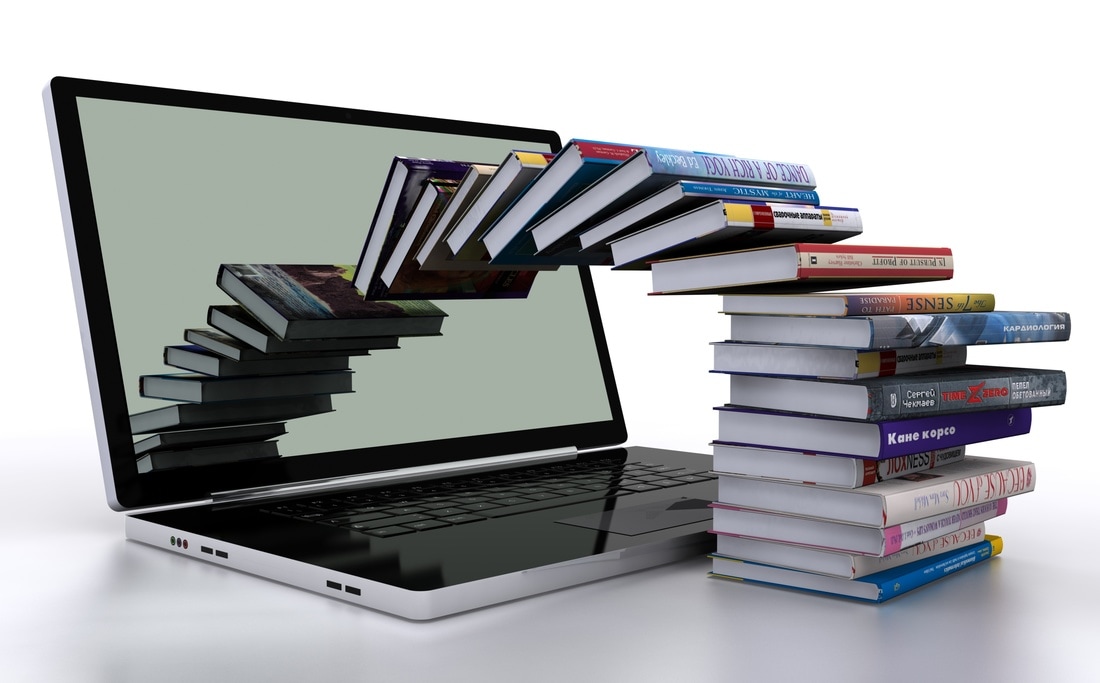Digital tools play an important role in the Saudi Vision 2030, principally as a means of improving the effectiveness and efficiency of the proposed plans. Arguably the most salient example is the campaign to digitize traditional government services, which started before the Vision, as in the case of the “Abshir” service provided by the Ministry of Interior for managing immigration and passport affairs. Transforming government services from paper-based to electronic forms will potentially yield substantial returns, but the idea is not a pioneering one, as similar campaigns have been launched in other countries, including elsewhere in the GCC. However, in the theme “An ambitious nation: effectively governed,” the Vision’s creators have presented a fascinating and genuinely pioneering project: the King Salman Program for Human Resource Development, wherein, the government aims to tele-train more than 500,000 public sector workers in the field of human resource management within government organizations. One of the reasons for the absence of comparable programs in other countries is that the high prevalence of public sector workers in Saudi Arabia and the remaining GCC states is uncommon, globally speaking. When the government starts implementing the project, it should seek to benefit from the cumulative knowledge that educational experts have developed, especially concerning the pros and cons of digital learning vis-à-vis its traditional counterpart, which depends upon paper-based books. Economics researcher Rosangela Bando of the Interamerican Development Bank and her colleagues recently conducted a study comparing teaching via conventional books with laptop-based learning, based on a scientific experiment run in 271 Honduran schools. Their findings could potentially interest those responsible for implementing King Salman’s Program for Human Resource Development, because it sheds light on the relative merits of electronic and paper-based teaching materials. In the educational domain, computers hold two main advantages over printed materials. First, due to their flexibility and their ability to interact with the user, computers provide teachers and students with the ability to adapt the material to the student’s needs and abilities. For example, in the event that a student understands the material faster than expected, then a computer can propel him or her to more advanced material more quickly than usual. Similarly, detailed assistance can be afforded to students who are struggling compared to their peers. In contrast, traditional textbooks present the material in a uniform manner that does not adapt to the requirements of extraordinary students or those who have special needs. Second, after bearing the cost of a computer, soft books become cheap compared to their hard counterparts, as one can avoid a variety of costs, including the paper, the ink, printing, distribution, retailer margins, and so on. The importance of this economic advantage has increased lately in countries such as Saudi Arabia, which are undergoing austerity programs due to the decline in oil prices. However, experts also draw attention to a key weakness in e-learning, familiar to those who work in offices, or who have young children: computers offer users many distractions, due to the abundance of alternative applications on the device, such as games and other tools with no educational value, in addition to the internet. In light of these pros and cons, are electronic books superior to traditional ones? The only way to answer such a question is via scientific investigation and practical experience, which is what the aforementioned researchers did. Regarding learning outcomes, they found no significant difference between the two methods of knowledge-delivery. However, as far as economic considerations are concerned, the researchers found that electronic delivery was more effective if more than five books were used, due to the trivially small marginal cost of electronic books. Notably, the study’s sample was primary school children in Honduras—a group that differs considerably from the Saudi Arabian public sector workers targeted in the King Salman Program. As such, there is a need to conduct equivalent studies in Saudi Arabia, based on experiments in the Saudi educational sector, employing the same scientific methods. Scientific experimental methods should also be used in all Saudi government organizations. The Vision 2030 encourages all components of the public sector to improve their performance in a variety of dimensions, which requires new organizational philosophies, including ones that have been successful in other countries and that are yet to be implemented in Saudi Arabia. It is possible to learn about such methods—old and new—from consultants, but there is no substitute to the scientific implementation of a plan on a limited scale, followed by the measurement and evaluation of outcomes, before deciding on a broader rollout. This is why we find that government units dedicated to this task have been established in many countries, including members of the GCC. However, the impact of these units will remain minimal until policymakers the world over acknowledge the principle of scientific experimentation. The King Salman Program for Human Resource Development may offer an ideal opportunity to improve the skill-building processes employed within the Kingdom, as well as contributing to a template on how scientific experiments can provide policymakers with detailed recommendations.
0 Comments
Leave a Reply. |
Omar Al-Ubaydli
This is where you can find all my articles, as well as some of my interviews and media mentions Archives
June 2020
Categories
All
|

 RSS Feed
RSS Feed